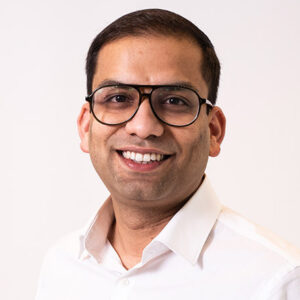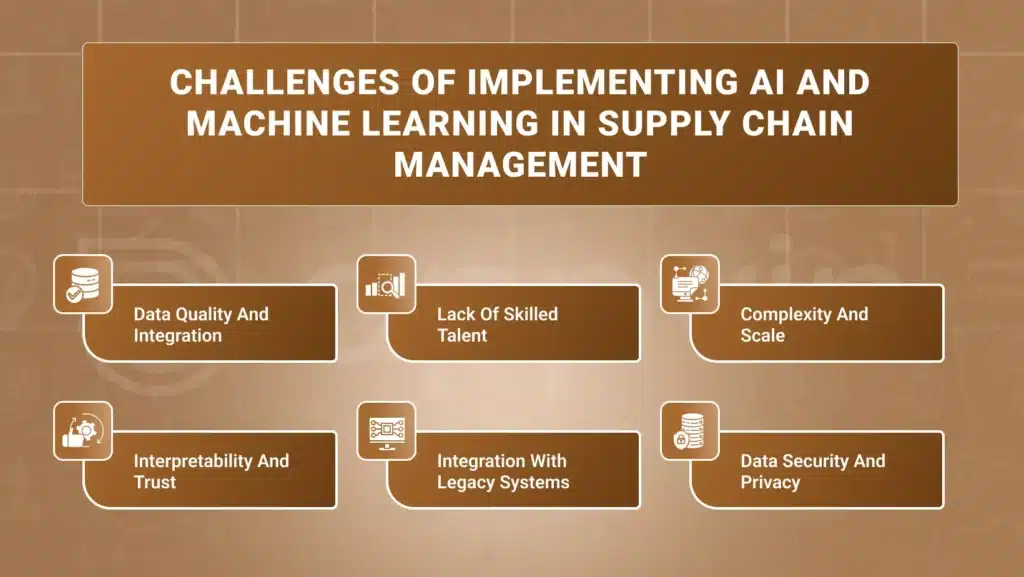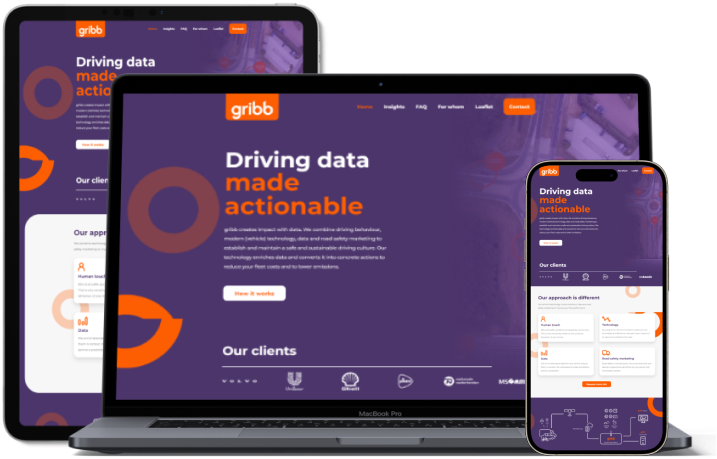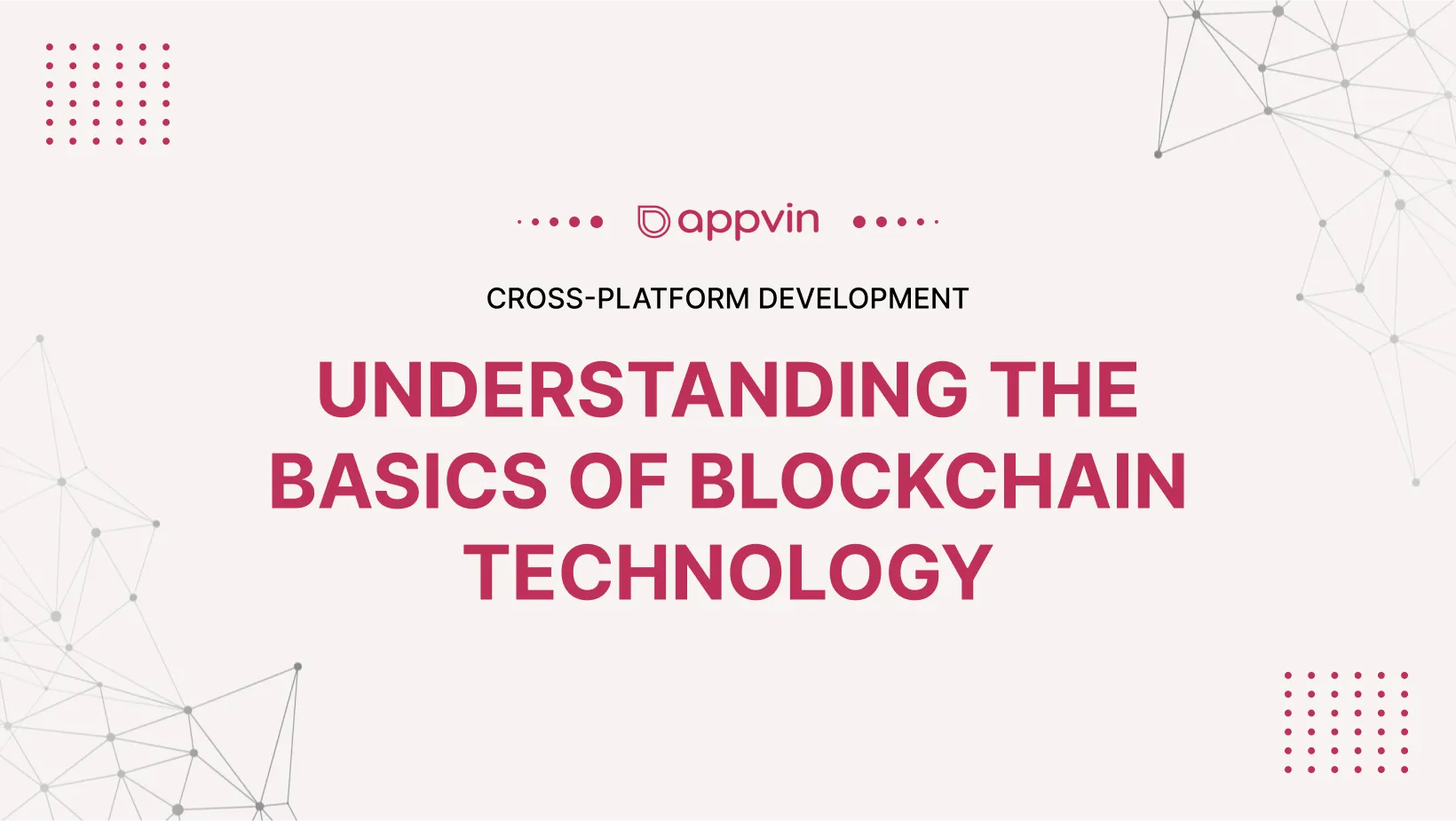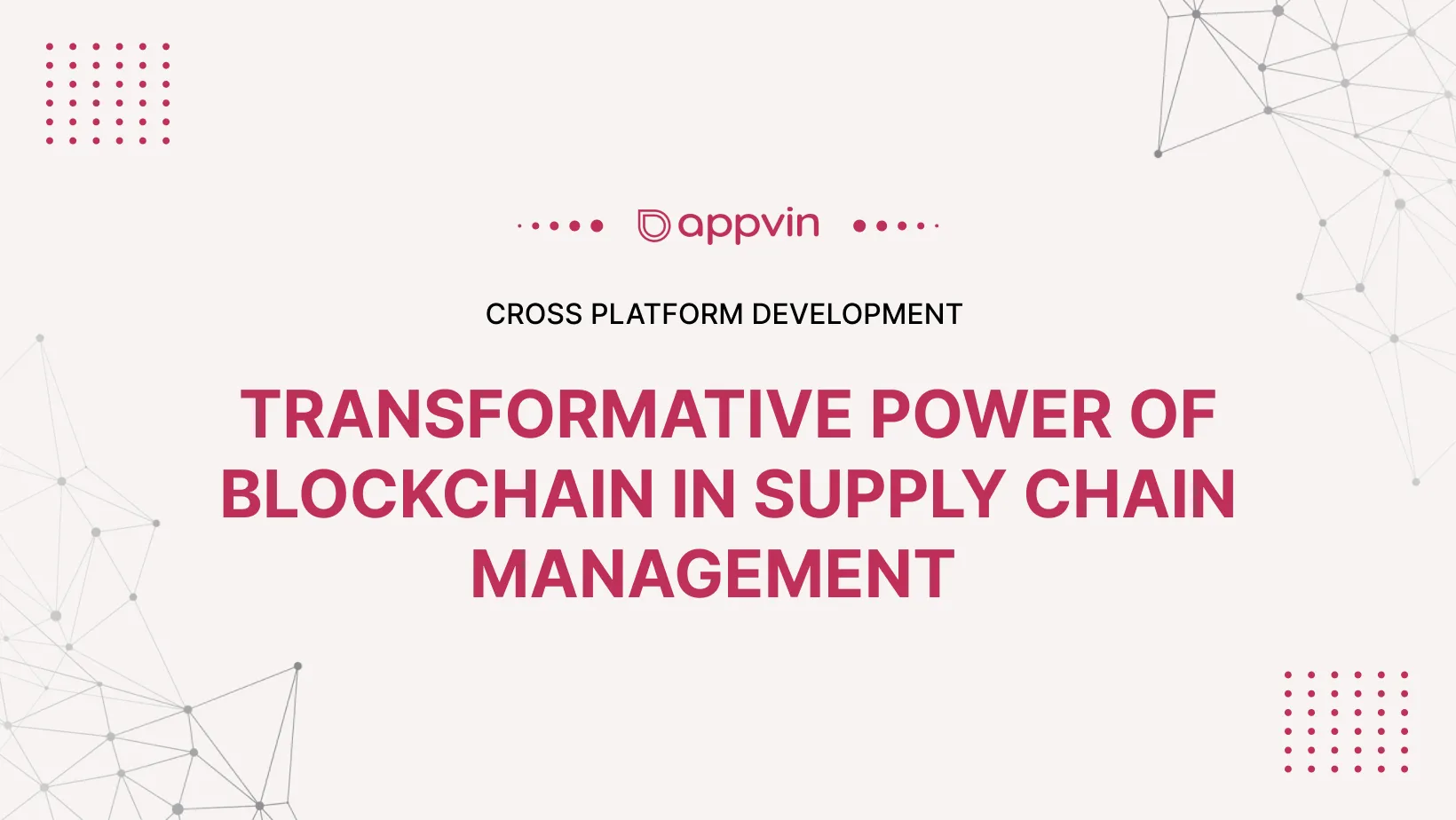Supply chain management has become much more challenging in the recent past than it used to be in the past. These days, supply chain management has turned out to be one of the significant responsibilities in the present corporate world and supply chain professionals are required to manage all these intricate processes as well as to respond to emerging issues spontaneously. Through regionalization and flow optimization different organizations manage to develop supply chains that are more sustainable and less damaging to the environment.
AI enables better comprehension of businesses’ complex modern supply chain network structures and has the potential to enhance enterprises’ ways of decision-making and operations as well as supply chain performance. AI and machine learning in the supply chain can become a game changer as a tool to analyze big data, understand the relations, provide visibility to processes and facilitate better decision-making.
This article covers how organizations apply AI across supply chain processes, with examples and insights.
Challenges of Implementing AI and Machine Learning in Supply Chain Management:
Data Quality and Integration:
AI and machine learning in the supply chain require quality and large datasets for the training process to be effective. AI and ML models heavily rely on the quality and availability of data for training and decision-making. In supply chain management, data often comes from disparate sources, including ERP systems, sensors, and third-party providers. Ensuring data accuracy, completeness, and consistency across these diverse sources is a significant challenge. Poor data quality can lead to inaccurate predictions, suboptimal decisions, and unreliable insights, undermining the benefits of AI and ML.
Lack of Skilled Talent:
Successful AI and ML implementation in supply chain management requires a multidisciplinary team with expertise in data science, supply chain operations, and domain-specific knowledge. While implementing AI and machine learning in supply chain-based solutions, organizations still have many challenges related to talent management and recruitment that prevent the effective use of AI and ML.
Complexity and Scale:
Supply chain networks’ complexity and scale pose challenges for AI and machine learning in supply chain models due to numerous interconnected processes, stakeholders, constraints, variables, and the need to continuously adapt. Creating models that can address these contingencies and capture their interactions while remaining objective and precise is a challenging endeavour.
Interpretability and Trust:
AI and machine learning in supply chain models, particularly deep learning algorithms, are often perceived as “black boxes,” making it difficult to understand and interpret their decision-making processes. This lack of transparency can lead to scepticism and mistrust among supply chain professionals, hindering the widespread adoption of these technologies. Building trust in AI and machine learning in supply chain systems requires ensuring interpretability and providing clear explanations for the insights and recommendations generated.
Integration with Legacy Systems:
Many supply chain organizations have spent significant time and resources on developing and deploying legacy systems and methods. Subsequently, integrating AI and ML solutions into these systems presents several hurdles, such as compatibility, data structures and format, and customizations. This synergy is important for maximizing AI and ML utility while at least changing the existing organizational workflow.
Data Security and Privacy:
Whenever organizations decide to leverage AI, security and privacy become a challenge in supply chains. Supply chain data can also be confidential, and includes customer information, cost structures and strategies, and patents and copyrights. AI and ML deployments risk exposing confidential data or being vulnerable to cyber threats, compromising data security and privacy To overcome these risks, supply chain data must remain protected through proper data governance, encryption as well as proper access controls.
Conclusion
Appvin, a top company that offers supply chain management solutions, plays a crucial role in helping businesses effectively employ analytics. However, Appvin Technologies stands out as the top cross-platform app development firm by offering advanced AI and machine learning solutions for supply chain management. This enables businesses to make strategic decisions and reach operational success by utilizing their data.
FAQs
What are the main challenges in implementing AI and ML in supply chain management?
The primary challenges include data quality and integration, talent issues, complexity, and scale, interpretability and trust, the integration of legacy systems and security and privacy.
How can organizations address the lack of skilled talent in AI and ML for supply chain management?
Organizations need to offer advanced training programs, collaborate with educational institutions to design suitable curricula and provide incentives like better pay for more qualified candidates. Also, to overcome the skill gap issue, more effort should be put into developing and adopting AI/ML platforms and tools that are easily accessible and do not necessarily demand expert knowledge and experience in the respective field.
How can AI and ML models be made more interpretable and trustworthy in supply chain decision-making?
Explainable AI (XAI) provides clear explanations for model predictions and decisions, enhancing interpretability. Furthermore, engaging the supply chain professionals in the model development, the supply chain employing constant audits, and supply chain governance frameworks are likely to help enhance accountability.
What are the potential risks associated with integrating AI and ML solutions with legacy systems in supply chain management?
Integrating new tech with legacy systems causes compatibility problems, disrupts workflows, and compromises data integrity and security, leading to system failures impacting supply chains.
What are the potential benefits of predictive analytics and prescriptive insights in supply chain management?
They can play a significant role in demand forecasting, inventory management, and the probing of vulnerability or constraints. They contain prescriptive solutions that can guide a better approach to decision-making to match new market forces and situations, avert further deterioration and increase efficiency.

